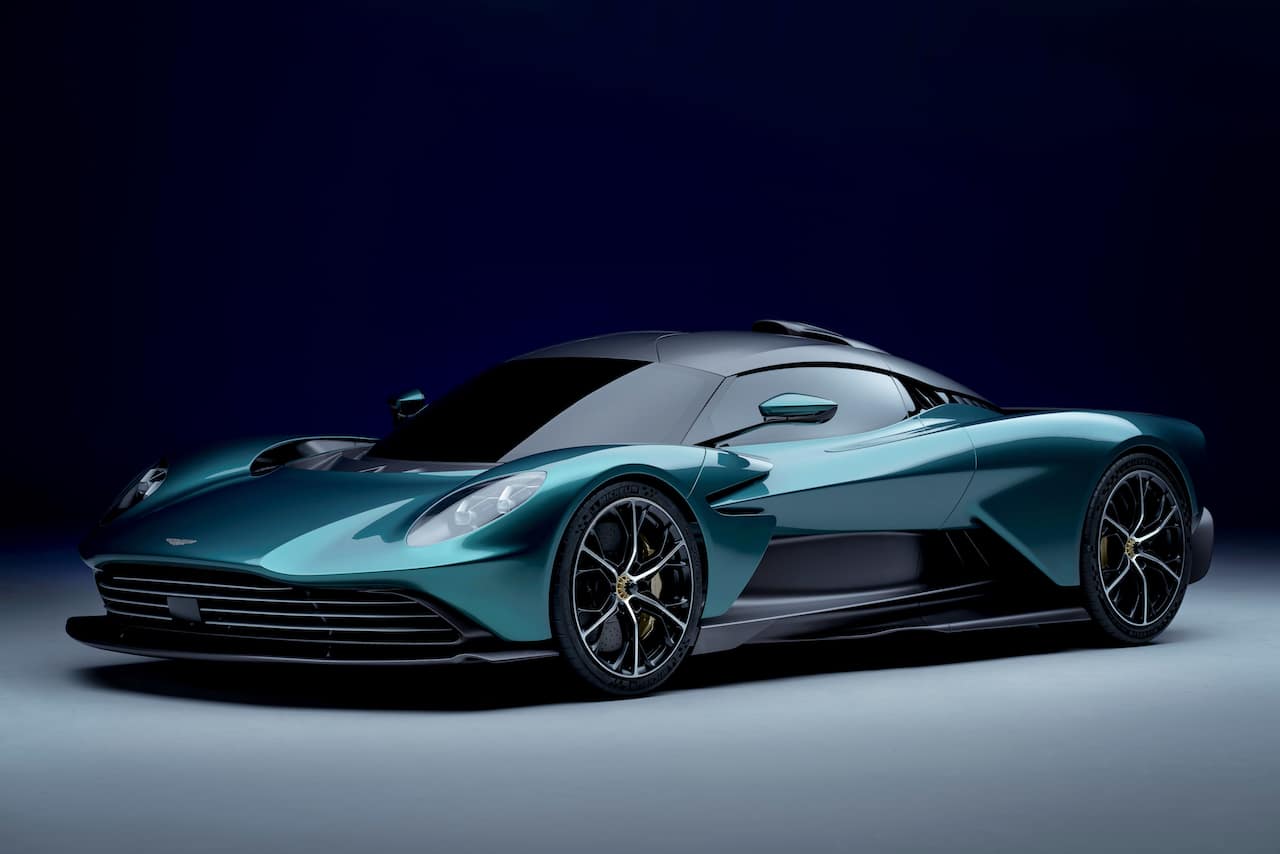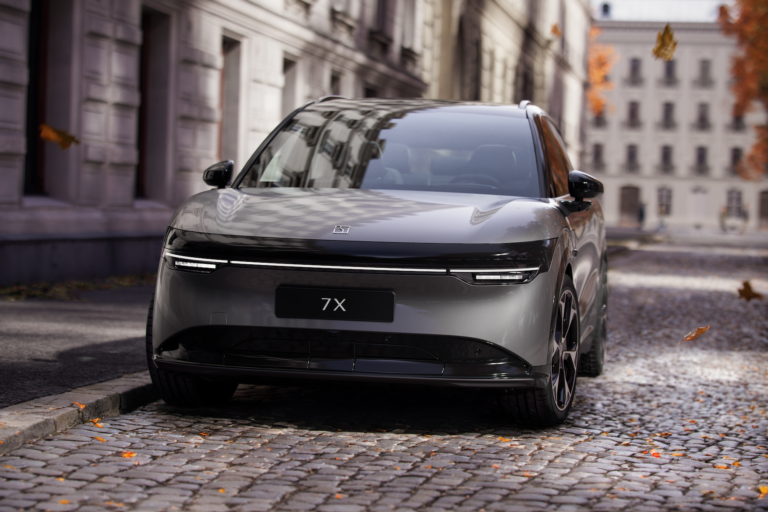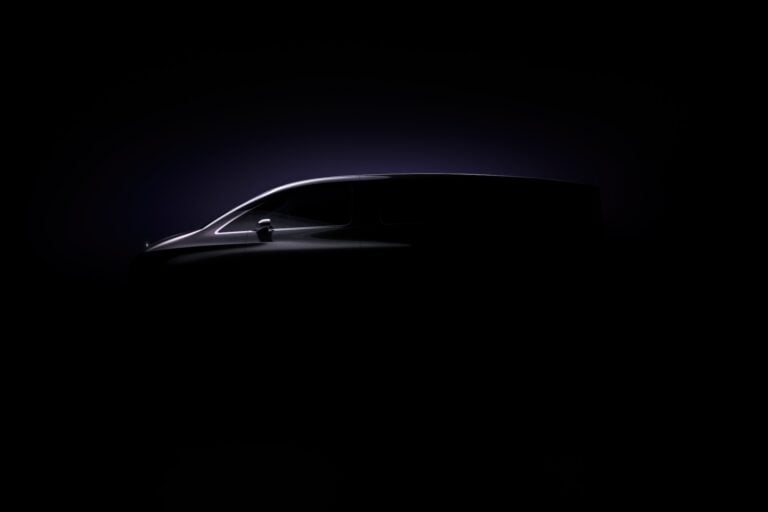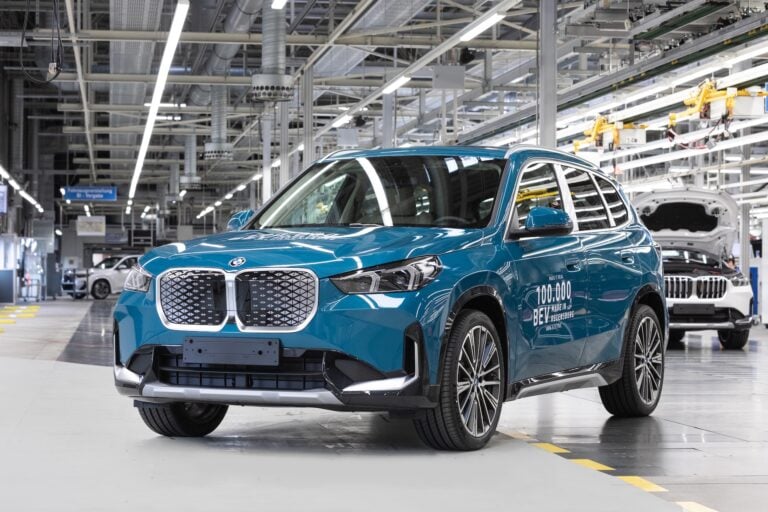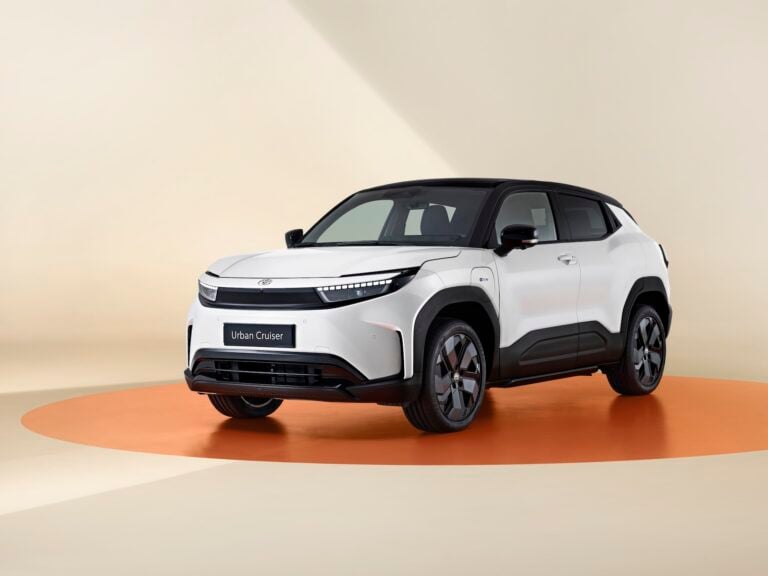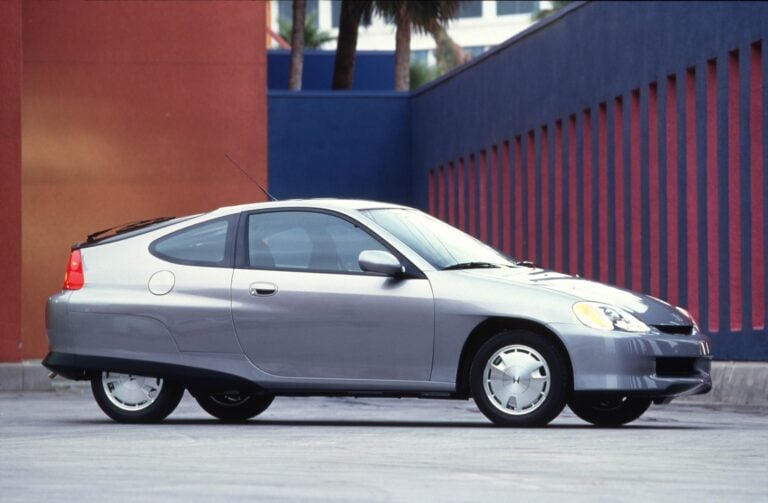A clear roadmap to electrification with the first hybrid electric car beginning deliveries in 2024, the first Battery Electric Vehicle (BEV) targeted for launch in 2025, and a fully electrified Sport/GT and SUV portfolio by 2030
Gaydon, UK – Aston Martin has hit the accelerator on its journey to becoming a world-leading sustainable ultra-luxury automotive business with the new ambitious sustainability strategy, Racing.Green.
The ultra-luxury British manufacturer has joined a list of companies committing to act on climate change by membership in the Science-Based Targets initiative (SBTi), the global body helping businesses set emissions reduction targets in line with climate science.
The company is targeting Net-Zero emissions from its manufacturing facilities by 2030, with a 30% reduction in supply chain emissions from a 2020 baseline. The group has outlined an initiative to achieve Net-Zero emissions across its supply chain by 2039.
The new targets build on Aston Martin’s sustainability progress to date, with a 44% reduction in emissions intensity in its UK operations between 2020 and 2021 and 100% renewable energy used across all its UK manufacturing facilities since 2019. A major project will see Aston Martin install more than 14,000 solar panels at its St Athan site in Wales, capable of delivering 20% of the plant’s annual energy needs.
100% of waste at Aston Martin is already successfully shifted from landfills, aiming to eliminate all plastic packaging waste at Aston Martin within three years. The Racing.Green. strategy also targets the removal of water consumption by 15%, maximization of sustainable materials, and enhancement of biodiversity.
Recognized for its product longevity, exclusivity, and hand-built craftsmanship, Aston Martin has manufactured fewer than 109,000 cars in its 109-year history – with 95% of these highly cherished cars estimated to be still on their journey.
Sustainability principles will also be embedded into its future product strategy, including a clear roadmap to electrification. Aston Martin is developing alternatives to the internal combustion engine, with its first plug-in hybrid – the mid-engine supercar Valhalla – to commence deliveries in early 2024. Aston Martin’s first battery-electric vehicle is targeted for launch in 2025, and by 2026, all-new Aston Martin product lines will have an electrified powertrain option. Aston Martin plans for its entire core portfolio of GT sports cars and SUVs to be entirely electrified by 2030.
Innovative sustainable materials in Aston Martin cars are also being expanded, including exploring green aluminum alloy – manufactured using 100% renewable energy – and leather-free vegan interior options to provide greater customer choice and reduce environmental impact.
As part of its Diversity, Equality, and Inclusion strategy, the company targets 25% of all leadership functions to be filled by women within the next five years.
The Racing.Green. strategy, and advancement towards its goals, is governed by a Board Sustainability Committee chaired by Non-Executive Director Dr Anne Stevens.

